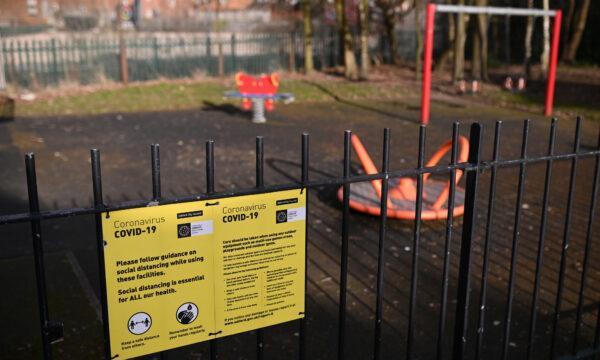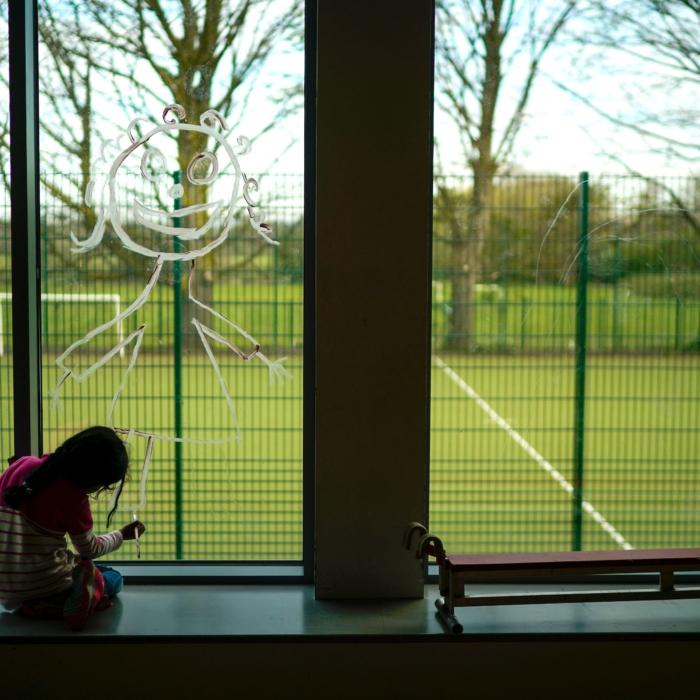More than four in five NHS trusts are struggling to meet the rising demand and complexity of needs among children and young people, according to a survey by NHS Providers.
Health providers also said that waiting times for many services have gone up, with 86 percent of trusts saying overall waiting times to access an initial assessment had increased compared to before COVID-19.
One trust said waits for children’s autism assessments had increased from 14 months pre-pandemic to 38 months now.
An acute trust said that children’s spinal surgery, which had waiting times below 52 weeks in 2019, now had a wait time of up to 104 weeks.
Another combined acute and community trust said it had seen a 300 percent increase in children and young people waiting for neurodevelopment assessments—such as for ADHD and autism—between September 2019 and September 2024.
Impact on Mental Health
The issue of worsening children’s mental health since the pandemic has been observed by a number of agencies.The NHS Providers report highlighted what factors had an impact on children and young people presenting to mental health services, which did include “the long-term effects of the Covid-19 pandemic,” such as “the impact of lockdowns on health and wellbeing, in-person education, and contact with public services.”
But those were not the only issues, with authors also highlighting the cost of living crisis and “wider societal shifts such as access to smartphones and social media.”
“These factors are also impacting on acute trusts, with leaders reporting increasing numbers of children and young people with eating disorders presenting in emergency departments and being admitted to adult hospital beds. These are not the most appropriate settings for children and young people to receive treatment, but they are often viewed as a ‘place of safety’ while individuals wait for a specialist care,” it said.
‘Forgotten Generation’
The recovery of the public health system remains an issue four years after the first lockdown. Last week, after NHS England released its wait time figures, the Nuffield Trust said that bringing down wait times to pre-pandemic levels has “stagnated” and long waits “remain endemic.”NHS Providers’s report said that evidence suggests that children’s and young people’s services “are recovering at a slower rate post Covid-19, in comparison to adult services, impacting on waiting lists and the availability and accessibility of services.”

Responding to the findings, Chief Executive of NHS Providers Sir Julian Hartley said in a statement: “We’re in danger of seeing a forgotten generation of young people. Too many young lives are being blighted by delays to accessing vital NHS care.”
Sir Julian said that long waits for services “have far-reaching implications,” including for children’s educational attainment and social development.
“For too long children and young people’s services haven’t been given the right level of focus. They need a say too in the national policies that affect them and the services they use,” Sir Julian said.
A Department of Health and Social Care spokesperson told The Epoch Times: “It is unacceptable that too many children and young people are not receiving the care they deserve, and we know that waits for services are far too long. We are determined to change that.
“The government is committed to giving children a healthy, happy start to life, and giving mental health the same attention and focus as physical health.”
The spokesperson also highlighted the new government’s commitment to adding mental health support in schools and establishing community walk-in mental health hubs.







